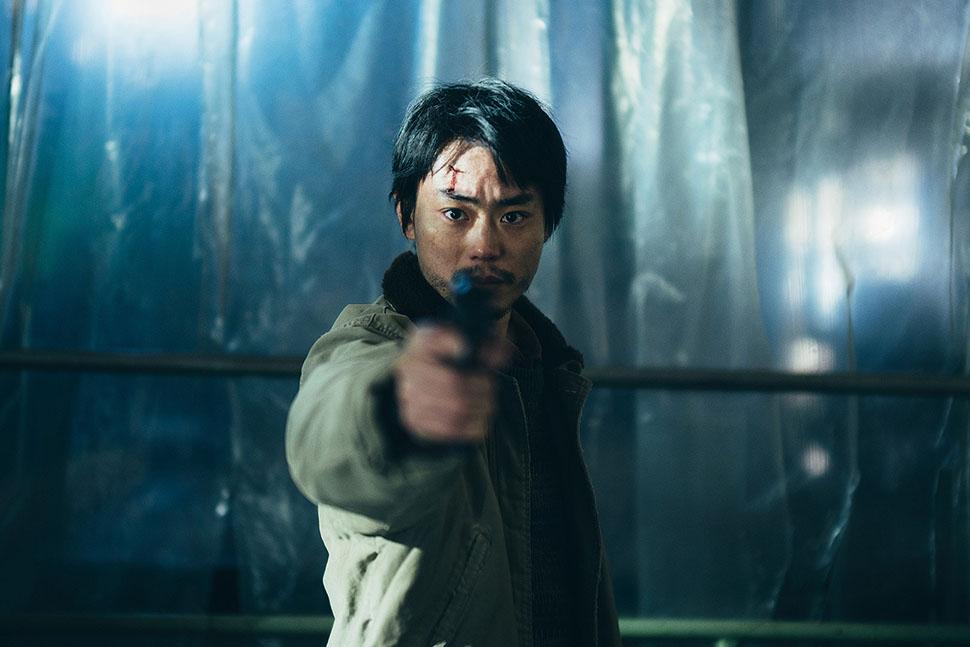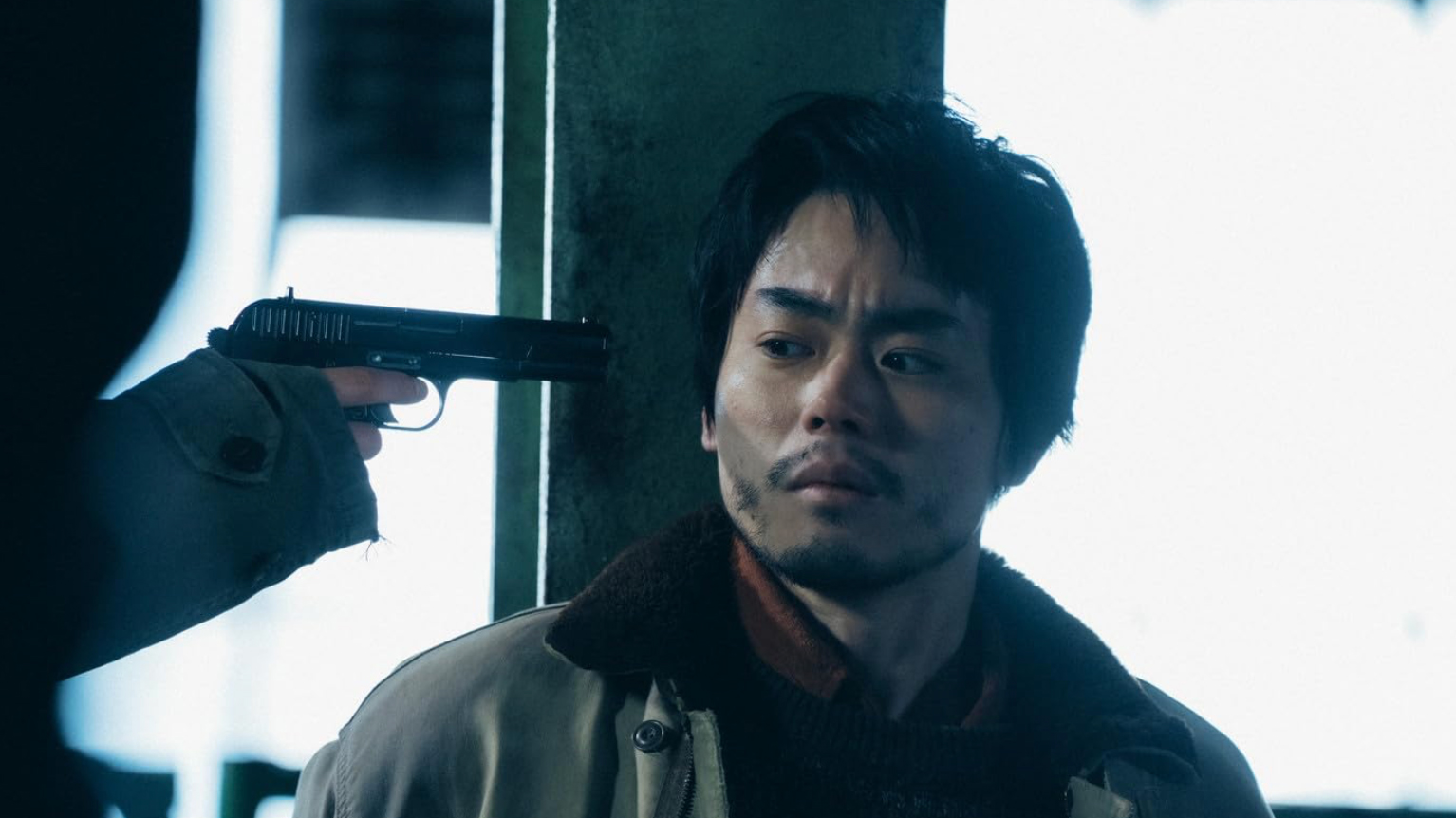Cloud Review

Yoshii (Masaki Suda) works in a factory, but he makes most of his money from online reselling. He buys goods – therapy devices, figurines, designer handbags – cheaply, and then sells them on again at an enormous markup. He’s so good at his side hustle, soon he’s able to chuck in his day job, and buy himself and his girlfriend Akiko (Kotone Furakawa) a picturesque house in the woods, with more than enough space for all his stock.
But along the way to that success, Yoshii has made a lot of enemies, sellers and buyers alike, all of whom feel he has ripped them off. They are angry. They want revenge.
Anyone who’s seen a film by Kiyoshi Kurosawa before knows that there are few directors better at instilling a seemingly innocuous scene with almost unbearable levels of dread. Whether he’s going full pelt or not – and Kurosawa at full pelt requires a mighty strong stomach! – he has an extraordinarily precise ability to control the tone of his movies from beat to beat; his plots often contain wild twists and turns, but you never feel like he has lost control.

Cloud is split into two very distinct halves. In the first, we watch Yoshii as he goes about his days. Although he operates his business with an almost sociopathic single-mindedness, feeling no qualms about his dubious dealing, we see that he does at least have genuine feelings for Akiko – those feelings are the one thing that show he has a little bit of humanity.
In the first half of Cloud, there are moments that suggest Yoshii is in danger. In the second half, there is no longer any doubt. We are propelled initially into home invasion territory, then into something more in the vein of Reservoir Dogs, as Yoshii is finally forced to face all the people he has wronged. While this is primarily tense and unnerving, these action focused sequences also contain a surprising amount of black humour. There are a lot of people with guns here, and very few of them know what they’re doing. Some of them have seen too many movies. The scene is set for pure chaos, though as we’ve already established, Kurosawa doesn’t exactly deal in chaos, and so the resulting shoot-out – unpredictable as it is – is choreographed with his typical precision. And the film keeps surprising all the way up to its delightfully ambiguous ending.
On a macro level, Cloud resounds with a general sense of dismay over the depersonalisation, the societal fracturing, of the gig economy. Alliances are drawn up over the course of the movie, but they are flimsy, self-serving ones, liable to be broken at a moment’s notice if those allied see a better offer on the table. It’s a vision of everyone as their own business, staring intently at their own computer screens, waiting to see if anyone is going to buy what they’re selling.
Kurosawa has clear thoughts as to where it’s all leading, and that is nowhere good – but he sure does make the journey entertaining.
★★★★
Cloud is in cinemas now


